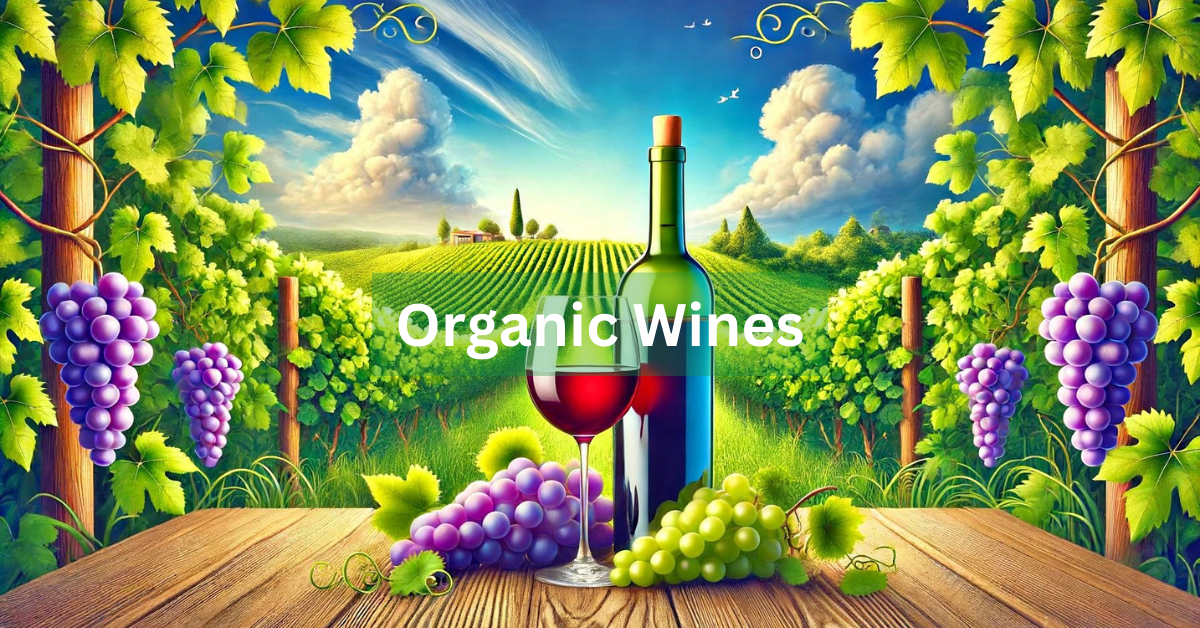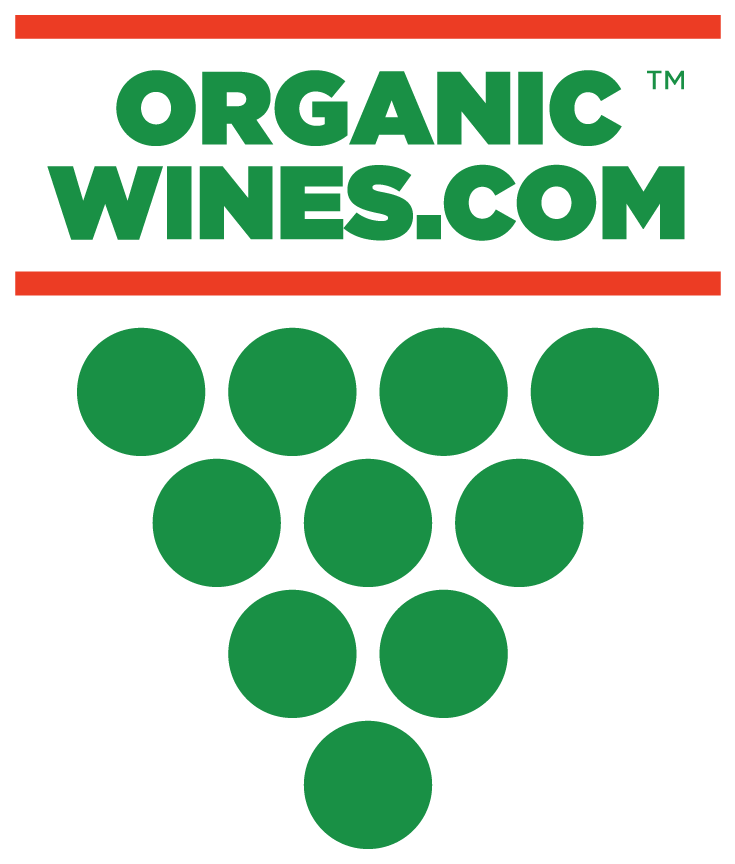
Despite the widespread popularity of the term "organic," organic foods constitute only a fraction of total food sales in the United States, accounting for less than 4%. Surprisingly, organic wines remain relatively unpopular in the US market. This raises questions about the factors contributing to the dilemma facing organic wines in the country and how consumers can promote more sustainable practices in winemaking. By exploring the challenges and opportunities within the organic wine industry, individuals can make informed choices to support environmentally friendly practices and contribute to the growing movement towards sustainable consumption.
Wine production is a multifaceted process encompassing two primary phases: vineyard cultivation and winemaking. While the baseline definition of organic wine focuses on organically farmed grapes during the vineyard phase, the second phase of production—winemaking—introduces various potential inputs for fermentation and preservation. Sulfur dioxide, a widely used wine preservative, plays a central role in this phase. Consequently, the definition and classification of organic wine hinge not only on organic farming practices but also on choices made during winemaking to maintain the wine's integrity while adhering to organic principles. This underscores the importance of holistic approaches to sustainable winemaking.
Organic wines produced in the United States adhere to strict regulations prohibiting the addition of sulfites, a common wine preservative. While this aligns with organic principles, it poses challenges for wineries. Sulfites play a crucial role in extending a wine's shelf life and preserving its flavor profile. Without sulfites, organic wines may have a shorter shelf life and altered taste characteristics. Wineries face a dilemma, as the effort invested in cultivating organically grown grapes can be compromised during the bottling process. This underscores the complexity of balancing organic standards with practical considerations in winemaking.
The process of certifying wine as organic is multifaceted and varies across nations, each with its own set of criteria. In the United States, the National Organic Program overseen by the USDA establishes standards for certifying organic foods, including wines. Conversely, the UK defines organic wine as being made solely from organic grapes. Interestingly, some wineries opt out of formal certification despite meeting organic standards due to various reasons. However, it's important to note that organic certification alone does not address broader social and environmental concerns. Issues such as labor rights violations and sustainability practices, including energy use and packaging, may not be fully addressed within the scope of organic certification.
Matching food and wine offers numerous benefits and can be a straightforward endeavor with a bit of know-how. When it comes to pairing wines with food, key factors such as flavor and texture play significant roles. As you contemplate your favorite dishes, consider these tips for discovering the perfect wines to accompany each meal. Pairing organic wines with food can be a breeze if you adhere to some basic guidelines. Essentially, pairing involves harmonizing two elements that enhance each other, and this principle holds true for finding the ideal organic wine and food combinations. Opting for the right pairing enhances the overall dining experience, ensuring maximum palate pleasure.
